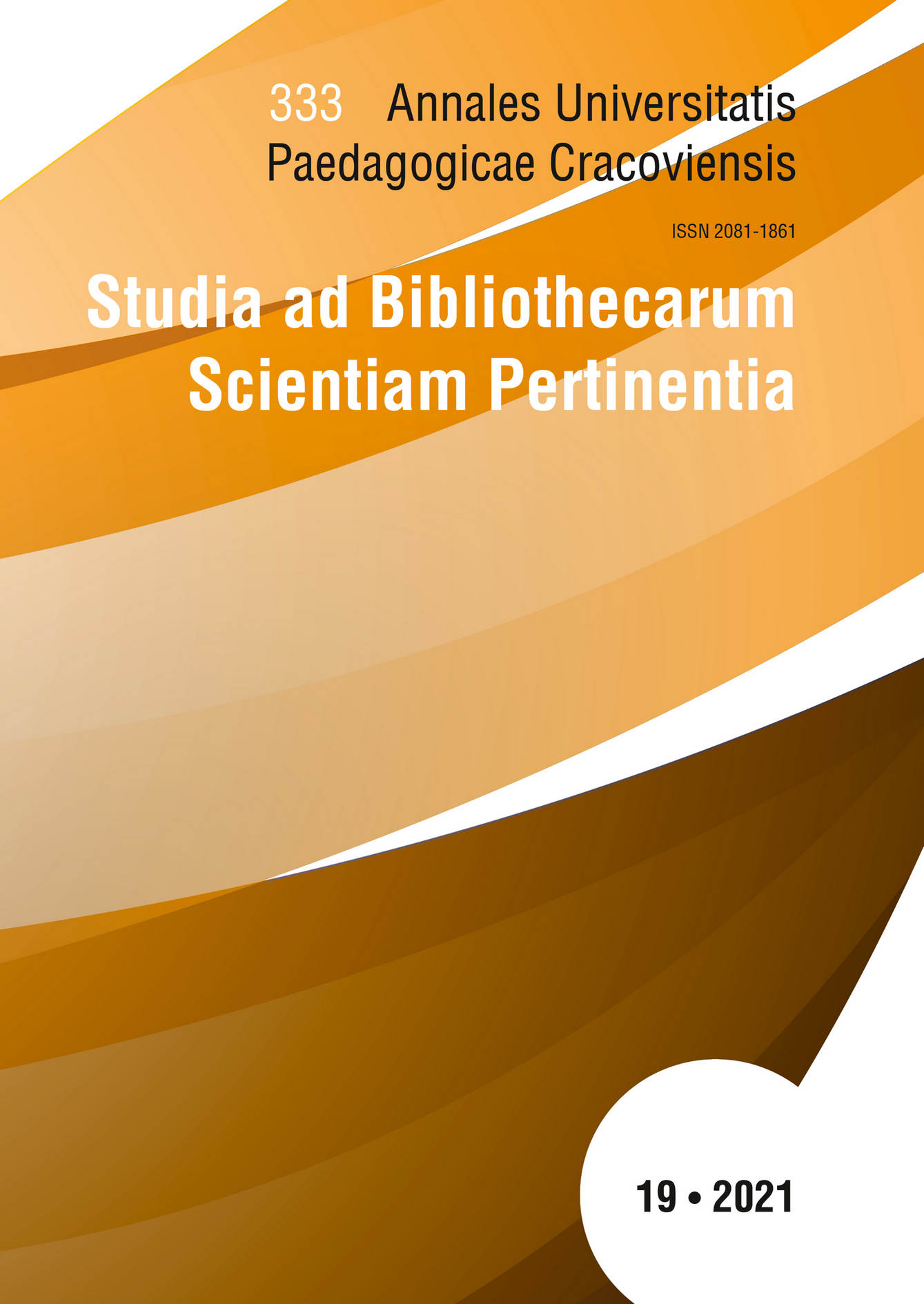Wykorzystanie możliwości serwisu YouTube przez Rodzimy Kościół Polski w budowaniu społeczności wirtualnej
DOI:
https://doi.org/10.24917/20811861.19.30Słowa kluczowe:
native believers’ media, virtual community, YouTube, online media, native faithAbstrakt
Native Polish Church uses its YouTube channel - Rodzimy Kościół Polski RKP.ORG.PL - primarily as a space for sharing niche content, addressed to a specific group of recipients (native believers and people interested in Slavic Native Faith). YouTube is not recognised by the church as a space where an online community should, or can, be formed that would be willing to take collective action, whether in the online space or beyond. Restricting opportunities for interaction, by limiting the options for commenting on published material, is convenient from the perspective of the channel owners, as it does not require them to familiarise themselves with and moderate immediate feedback from YouTube users. However, the preferred style of communicating, from broadcaster to viewer, does not mean that the founder of the channel does not understand the principles of media activity on YouTube. Quite the contrary. Contemporary YouTube is not only about video, but also about podcasts, which - despite the fact that they “originated from radio” - successfully function in a platform that is so often defined, among other things, as a service for sharing and archiving audio-visual materials.
Bibliografia
Cyrek B., YouTube jako serwis społecznościowy – w stronę klasyfikacji witryny, „Zarządzanie Mediami” 2020, t. 8, nr 2, s. 119–136.
Doliwa U., Elektroniczne media społeczne w Polsce – stan obecny i perspektywy rozwoju, „Studia Medioznawcze” 2010, nr 4 (43), s. 65–78.
Klimkiewicz B., Wilk M., Pluralizm mediów a media wspólnotowe w Unii Europejskiej i Polsce, „Zeszyty Prasoznawcze” 2018, t. 61, nr 4 (236), s. 715–729.
Łosiewicz M., Media obywatelskie dla trzeciego sektora, czyli jak to robią w Elblągu, [w:]
Pawlak H., Nierebiński R., Społeczność wirtualna jako społeczny kanał kreowania zawartości Internetu, „Studia Informatica” 2011, nr 28, s. 321–332.
Pawlik O., „Idziemy drogą przodków” – odwołania do przeszłości w Rodzimym Kościele Polskim, „Etnografia Polska” 2015, t. 59, z.1–2, s. 97–109.
Roguska A., Media globalne – media lokalne. Zagadnienia z obszaru pedagogiki medialnej i edukacji regionalnej, Kraków 2012.
Roguska A., Media lokalne i regionalne w tworzeniu kapitału społecznego, [on-line:] https://repozytorium.uph.edu.pl/bitstream/handle/11331/339/Roguska.A._Media_lokalne_i_regionalne_w_tworzeniu_kapitalu_spolecznego.pdf?sequence=1 – 12.07.2021.
Simpson S., Strategies for Constructing Religious Practice in Polish Rodzimowierstwo, [w:] Walking the Old Ways: Studies in Contemporary European Paganism, eds. A. Anczyk, H. Grzymała-Moszczyńska, Katowice 2012.
Walking the Old Ways: Studies in Contemporary European Paganism, eds. A. Anczyk, H. Grzymała-Moszczyńska, Katowice 2012.
Zawód dziennikarz. Między misją a profesją, red. B. Brodzińska, M. Jeziński, M. Mateja, Toruń 2015, s. 207–229.
Zawód dziennikarz. Między misją a profesją, red. B. Brodzińska, M. Jeziński, M. Mateja, Toruń 2015.
Pobrania
Opublikowane
Jak cytować
Numer
Dział
Licencja
Prawa autorskie (c) 2021 AUPC Studia ad Bibliothecarum Scientiam Pertinentia

Utwór dostępny jest na licencji Creative Commons Uznanie autorstwa 4.0 Międzynarodowe.

